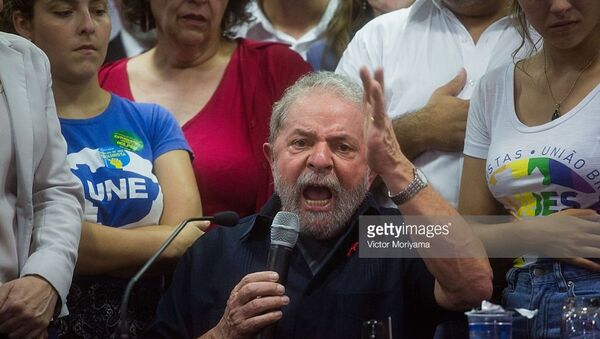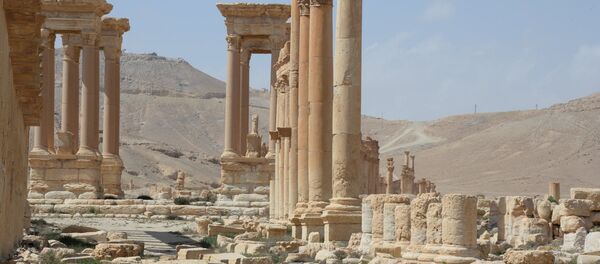The topic is chosen as a merely specific example in order to stress out how democracy on the global scale is not in as much danger as it is thought by many.
That’s generally true; but, it’s also the reason why these ways of vulnerability fail to apply for the status of the, so to speak, prime threat. Prime threats should be simply defined as the greatest analyzable threats to democracy in the present theoretical frame.
In other words, they significantly decrease chances of sooner restoration once they overpower. They are external. In our context, prime threats seem like our hidden followers, ones we are pretty not aware of.
Fortunately, many present authors discuss this kind of topics. They see how growing influence of autocratic countries may pose such kind of threat. Historically, such influence determines the way political systems in the world work.
Authorities in political relations are those whose job is behind those influences, regardless where those authorities originate from. In terms of international relations, those are geopolitical blocs, as only countries linked together can influence others (unless they are superpowers). When are they inclined to make a mistake?
It’s once hasty statements are made. An appropriate example will be a claim that there is democracy versus autocracy in geopolitical relations today.
The survival of both Axis powers and Warsaw Pact rested upon their autocratic influences in specific way. There wasn’t any their member that has adopted any sort of democratic system! However, the recent example when former Brazilian president Luiz Inácio Lula Da Silva was detained proves how the analogy fails.
Even very adored national leader is inferior to basic democratic principles. However, this example also shows where the only threats to democracy actually are these times.
They are in the domain of inside threats. Practically, it can be the corruption that grows due to the economic crisis. Threats could lead to further deviations of democracy, including the most severe ones such as freedom violations and autocratic leaderships that resemble autocracies, but crucially don’t belong to them. What actually makes true autocracy is its geopolitical sustainment (excluding well-known example, though devoid of any autocratic influence). Democracies that are strong enough inside are not much susceptible to autocratic influences.
However, it is paradoxical how a non-superpower country, e.g. China, needs sustainable geopolitical environment in order to progress in such a way. It’s not impossible to think of it, but there are no prospects for such environment in the present situation, as a new bloc with aspirations akin to those from history is far from being a priority. There are no intentions in favor of autocratic influence growth.
On the other hand, Brazil could serve as even more positive example. Namely, what it also presents is a response to a deviation of democracy. Corruption has been challenged by the legal investigation. When current Brazilian president Dilma Rousseff appointed Da Silva as Minister of the Civil House to give him conditions for immunity, she hasn’t made a legal deviation, it has been a moral one. In democratic systems, these are challenged in the elections.






